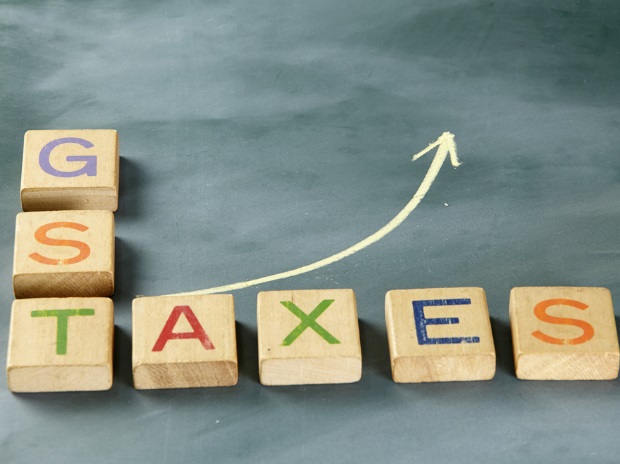GST rollout from July 1: Cabinet clears the decks by okaying 4 draft Bills
Business Standard
By Dilasha Seth
March 21, 2017. 08:32 IST
Likely to be introduced tis week in Parliament as money Bills, on target for July 1 rollout

Photo: Shutterstock
Clearing the way for a July 1 roll-out, the Union Cabinet on Monday approved four Bills on a national goods and services tax (GST).
The decision comes two working days after the GST Council cleared these — Central GST (CGST), Union Territory GST (UTGST), Integrated GST (IGST) and the Compensation Bill. These are now set to be introduced in Parliament within this week, most likely as money Bills and so, not needing approval of the Rajya Sabha, where the ruling National Democratic Alliance does not have a majority.
“It is expected that implementation of the GST will lead to an increase in the gross domestic product by one to two per cent, leading to more employment and productivity,” went an official statement.
The GST will subsume various indirect levies of the Centre and states — service tax, excise duty, octroi and value-added tax, among others, and create an input tax credit chain for refunds. This would pave the way for a common national market. States will have to get the state GST Bills passed by their respective assemblies. Jammu & Kashmir will need to pass all in its state assembly, on account of special powers on taxation under the Constitution.
The GST Council has already approved four-tier tax slabs of five, 12, 18 and 28 per cent. And, an additional cess on ‘demerit goods’ like luxury cars, aerated drinks and tobacco products. The fitment of goods and services in these slabs is expected to be finalised by next month.
The CGST Bill makes provisions for levy and collection of tax on intra-state supply of goods or services or both by the central government. The SGST and UTGST Bills do so for movement within states and in Union Territories without assemblies. The IGST Bill makes provision for levy and collection of tax on inter-state supply of goods or services or both by the central government. The Compensation Bill is for recompensing states for loss of revenue arising on account of implementation for five years. This will be provided by the Centre via a cess imposed on ‘sin’ and demerit goods.
The council cleared a proposal to cap the cess on luxury cars and aerated drinks at 15 per cent over the peak rate of 28 per cent. For paan masala, the cap would be 135 per cent. On tobacco and cigarettes, the cap would be 290 per cent, or Rs 4,170 per 1,000 cigarette sticks. A call is yet to be taken on whether or not a cess would be imposed on bidis. The cess on coal and lignite (environment cess) would have an upper limit at Rs 400 a tonne.